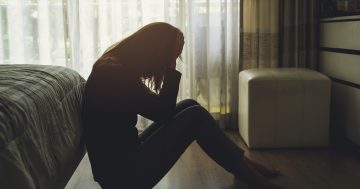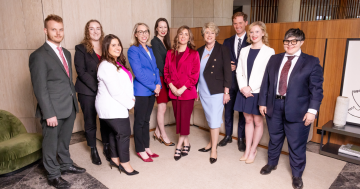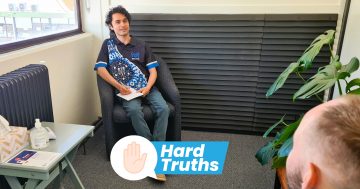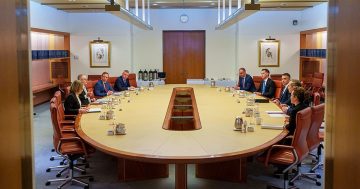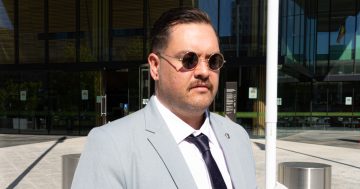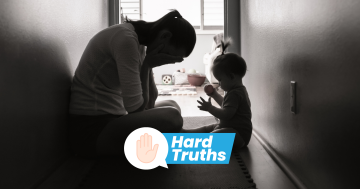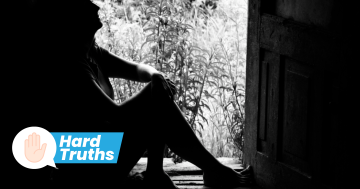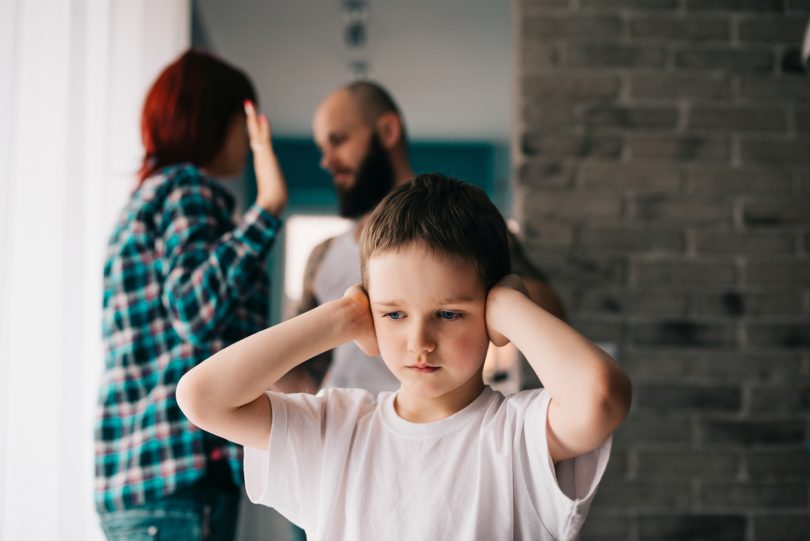
For those caught in a domestic violence situation, there is often a lot of uncertainty about what to do – especially when there are kids involved.
Domestic violence is a serious issue that affects people from all walks of life. It is not restricted to certain ages, cultures or sexes, and can extend beyond physical violence to include sexual, emotional and psychological violence too.
Despite an increasing number of programs aimed at preventing domestic violence, statistics show that it is still a prevalent issue affecting many families across Australia.
According to a survey released in February 2018 by the Australian Institute of Health and Welfare (AIHW):
- 1 in 6 women and 1 in 16 men have experienced physical and/or sexual violence by a cohabitating partner since the age of 15
- Almost 1 in 4 women and 1 in 6 men have experienced emotional abuse from a current or previous partner since the age of 15
In the ACT, the latest statistics from the ABS showed a slight decrease in the rate for family and domestic violence (FDV) related assault (from 240 to 235 victims) between 2016 and 2017. 41 per cent of all assault reports were related to domestic violence, with women three-times more likely to experience it than men.
And it doesn’t just affect adults. More than two-thirds of mothers affected by domestic violence said their children had seen or heard the violence, with the AIHW citing research that children exposed to family, domestic and sexual violence can experience long-term effects on their development.
For those caught in a domestic violence situation, there is often a lot of uncertainty about what to do – especially when there are kids involved.
Tanya Nadin from BD&N Lawyers says that the first and most important step is to try and remove yourself, and your kids, from the situation.
“If there is any immediate danger or fear, you need to call the police. There are also a number of wonderful organisations around Canberra that offer support and temporary accommodation. If you feel that you are still in danger, you can take out an AVO (Apprehended Violence Order), which shows that you have taken steps to protect yourself.”
Once there is separation, the issue of custody needs to be resolved.
“The court must consider the best interests of the children. Not all men and women who are violent or abusive towards their partner are that way towards their children. So it is entirely possible that the court will grant shared custody, as judges often conclude that it is in the best interest of the child to spend time with both parents.”
“This does not mean that custody will be equal, or even that it will be unsupervised. Marymead has a facility where they can supervise children spending time with a parent and provide an independent report to the court. It really depends on the situation. Of course, if there is violence against a child, it’s not likely to be in their best interest to spend time with the parent. This is why it can be important to have evidence of a parent’s prior behaviour, such as a doctor’s report or criminal history.”
Tanya says that in order to ensure fairness, children in the middle of a custody battle are usually appointed their own lawyer to act on their behalf.
“Independent children’s lawyers are funded by legal aid, and allow children to have an independent person to act on their behalf during custody proceedings. The lawyer’s primary purpose is to look at the best interests of the child objectively. A psychologist may also speak with the child and provide their own report to the court.”
First and foremost, Tanya urges anyone experiencing domestic violence to speak to someone as soon as possible.
“Custody arrangements can take a while to go through the courts, however, if you are seriously frightened for your child’s safety urgent orders can be obtained from the Court”.
“Most importantly, get yourself to a safe place that can offer the support you and your children need. From there, you can call us or the ACT Women’s Legal Centre who may be able to provide assistance.”
To chat with Tanya or another lawyer from BD&N Lawyers about family law, please call their Queanbeyan office on (02) 6299 3999.
This is a sponsored article, though all opinions are the author’s own. For more information on paid content, see our sponsored content policy.












